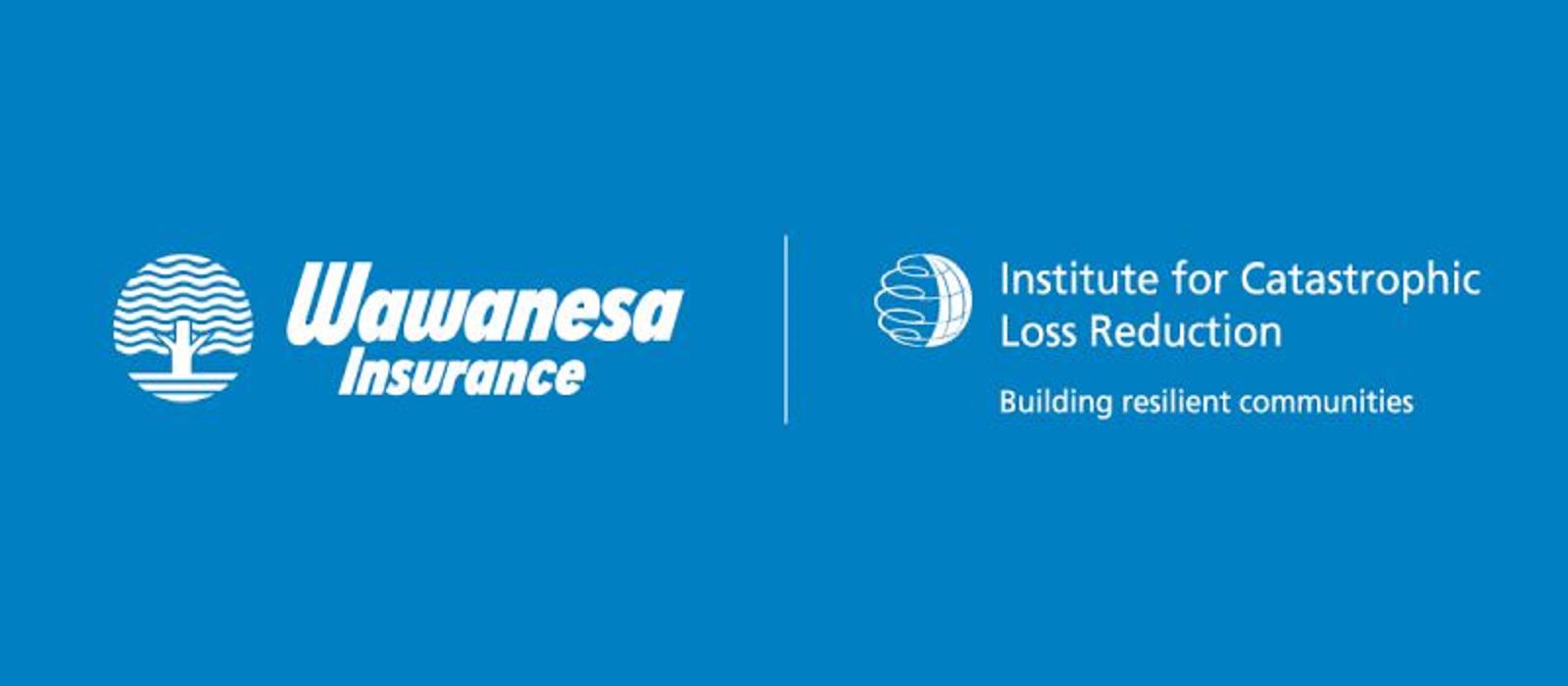Costa Rica –the Central American country known as one of the greenest countries on earth and one that consistently ranks high on the annual UN Happiness index, is also one that is now equipped with a new Regulation on Inclusion and Access to Insurance, ‘establishing a new milestone in the construction of a more developed, inclusive market’, according to Tomás Soley Pérez, who leads the country’s Supervisory Authority, SUGESE.
Approved by the Costa Rican National Council for the Supervision of the Financial System (CONASSIF) on 24 August 2020, this new Regulation is the result of SUGESE’s strategy to enhance financial education and increase financial inclusion in the country. Article 1 of the regulation states: ‘The purpose of these rules is to promote inclusion and access to the insurance market with an adequate level of protection for the insurance consumer, by defining principles, requirements and other regulatory conditions applicable to autoexpedible insurance.’
Autoexpedible (or self-insurance) is a type of insurance in which, due to the simplicity of its contractual terms and ease of understanding by the consumer, expert advice is not required from the distribution channel (before it can be purchased) and is registered as such in the SUGESE Product Register.
The process leading to the new regulation included a diagnostic study based on the Access to Insurance Initiative (A2ii) methodology and a review of the laws and best practices from Brazil, Chile, Colombia, Ghana, Mexico and Panama.
The result is a modern inclusive insurance regulation that is:
- principles-based and proportional: demonstration of compliance is the responsibility of the insurer,
- clear and simple: for a better understanding by operators and consumers,
- balanced between accessibility, innovation and convenience and a reinforced responsibility of the insurer and adequate protection of the consumer,
- differentiating: for optimal and differentiated business conduct during all phases of the life cycle of the products (development, distribution, promotion, advice, formalization, service and processing of claims and complaints) and defining inclusive insurance on the basis of qualitative and quantitative characteristics.
The new Regulation addresses issues commonly raised by consumers such as arbitrary and unsubstantiated claims payment decline; excessively complicated procedures; lack of response or attention to claims or requests; failure to respond within the time limits established by law; non-delivery of the general conditions or copy of the insurance contract, among others.
The Regulation also has the added benefit of regulating non-traditional channels, with a focus on distribution rather than advisory intermediation. Inclusive insurance products can be distributed directly by insurers, insurance brokerage companies, insurance agency companies, insurance agents and autoexpedible insurance operators.
But most importantly, as Tomás Soley Pérez, the Superintendent of Insurance of Costa Rica puts it, ‘from now on target consumers should be aware that insurance should not be considered a luxury but a necessity.’
ICMIF has four member organisations in Costa Rica: COOPENAE, Seguros del Magisterio, Sociedad de Seguros de Vida del Magisterio Nacional and Uniseguros.
In Latin America and the Caribbean, the following countries have implemented specific rules for inclusive insurance: Argentina, Brazil, Costa Rica, Mexico, Nicaragua, Peru and Venezuela.
The International Association of Insurance Supervisors (IAIS) defines inclusive insurance in the broad sense of the word, as ‘all insurance products aimed at the excluded or underserved market, rather than just those aimed at the poor or a narrow conception of the low-income market.’ Issues Paper on Conduct of Business in Inclusive Insurance, November 2015.






